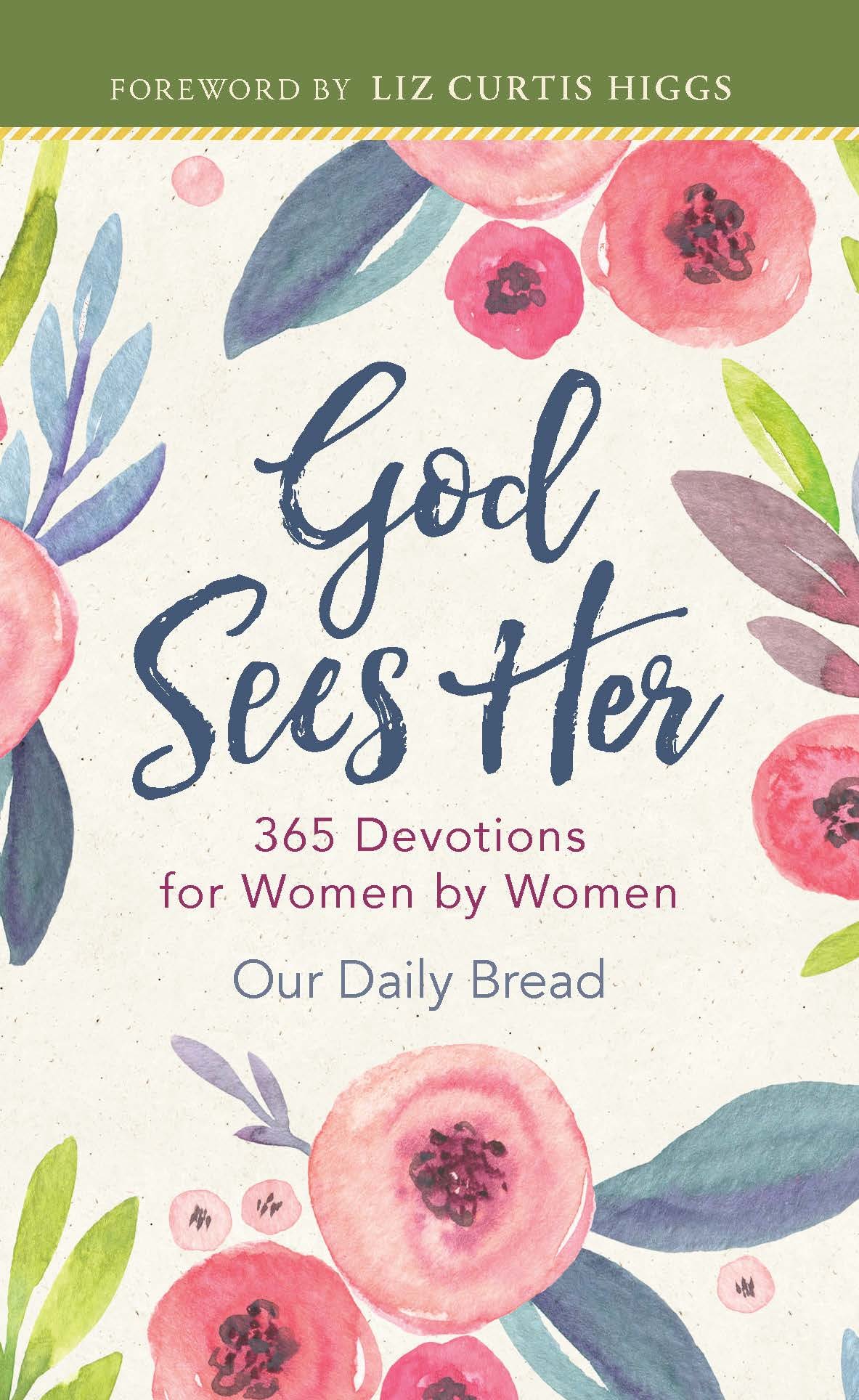When I was in high school, I went through a particularly rough patch with my friendships. Though I thought I was pretty good at being a friend, I struggled with feeling like my friends were maybe less interested in being a friend to me. With the hindsight adulthood brings, I can see many ways I could’ve been a better friend as well. What I wanted was really helpful guidelines on how to do friendship, yet when I turned to the Bible, I had a hard time finding stories that spoke to my situation.
Whether we’re looking for guidance in a relationship with a friend, family member, or coworker, depending on where we turn in the Bible, we may find more cautionary tales than helpful guides to having thriving, loving relationships. In Genesis alone, we find a man who followed God’s difficult call to build an ark and live in it during a flood, only to get off the ark and get drunk (Noah, Genesis 9:21). Another man (Abraham) makes his wife lie and tell people she’s his sister—not once but twice (12:11-13 and 20:1-3). Even people we often see as commendable, such as Joseph, have their rough edges. When he told his brothers about his dream where their sheaves of grain bowed down to his sheave (37:5-8), it’s easy to understand at least a little bit of the frustration his brothers felt toward Joseph—and then add in his extra nice robe (vv. 3-4), which none of them had, and it becomes even easier still.
Even though the Old Testament relationships often demonstrate what not to do, there are positive examples there as well. Ruth is willing to leave her homeland to stick with her mother-in-law, with no guarantee that things would get much better once they got back to Bethlehem. Judges like Deborah, Gideon, and Samson brought difficult messages to God’s people when they struggled to obey him. King David had many faults, yet his friendship with Jonathan seems strong and exemplary.
Yet, it’s intimidating to think that our relationships are held to the same standard as those of actual God-made-flesh-Jesus. He had the advantage of being without sin, whereas we may feel plagued by the sins we commit in relationships, whether ones that have large, rippling consequences or ones we may be the only ones to ever know. Here is where I think we can learn from those Old Testament characters in more ways than simply trying to not be like them (though that’s wise in many cases as well). They didn’t live knowing Jesus’ redemptive act like we do, but there are still glimmers of redemption throughout their stories.
I love the journey we see Joseph undertake. From the maybe-slightly-braggy kid who had an extra nice cloak from his dad, to the manager of the household for a captain of the Egyptian guards, and finally to one of the highest roles in the kingdom at the right hand of Pharaoh. When his brothers showed up requesting food because the land was in a great famine, Joseph could’ve outright denied them and either sent them back home empty handed or thrown them in prison. Instead, he sent them away with bags bursting with food and even the money they had brought to pay with. When Joseph finally chose to reveal his identity, his brothers were frightened at what he might do to them—but Joseph had come to see how God was working even through the parts of his story he may have wished he didn’t have to endure (read Genesis 42-25 for more).
When we look back at our own stories of relationships, we may first see the heartbreak, confusion, or bitterness. Yet, if we look closely, we may also see where God has been working where we never thought hope would blossom again. Family members may decide to forgive, friends may work to mend a fractured connection, or coworkers may choose to set aside disappointment to strive to do better the next time. Even those Old Testament characters who served as cautionary tales can offer good examples, too, such as Joseph’s decision to forgive his brothers.
While we know that not all relationships may be redeemed on this side of heaven, we can be comforted to know that God not only cares about our sadness, anger, and frustration, but is with us all along the way. He may even be urging us to take action ourselves in bringing about redemption in a relationship. Maybe today is the day to make a phone call we’ve been putting off, pray for God to help us finally forgive, or decide to move forward with hope despite past pain.
We can continue to trust that, in God, everything will be redeemed in time.
—Written by Brianna DeWitt. Used by permission from the author.







One Response
This was great! I’m a blogger as well. Although I scanned through this blog, there was a paragraph that jumped out at me and really spoke to my situation. Thank you so much for sharing this!